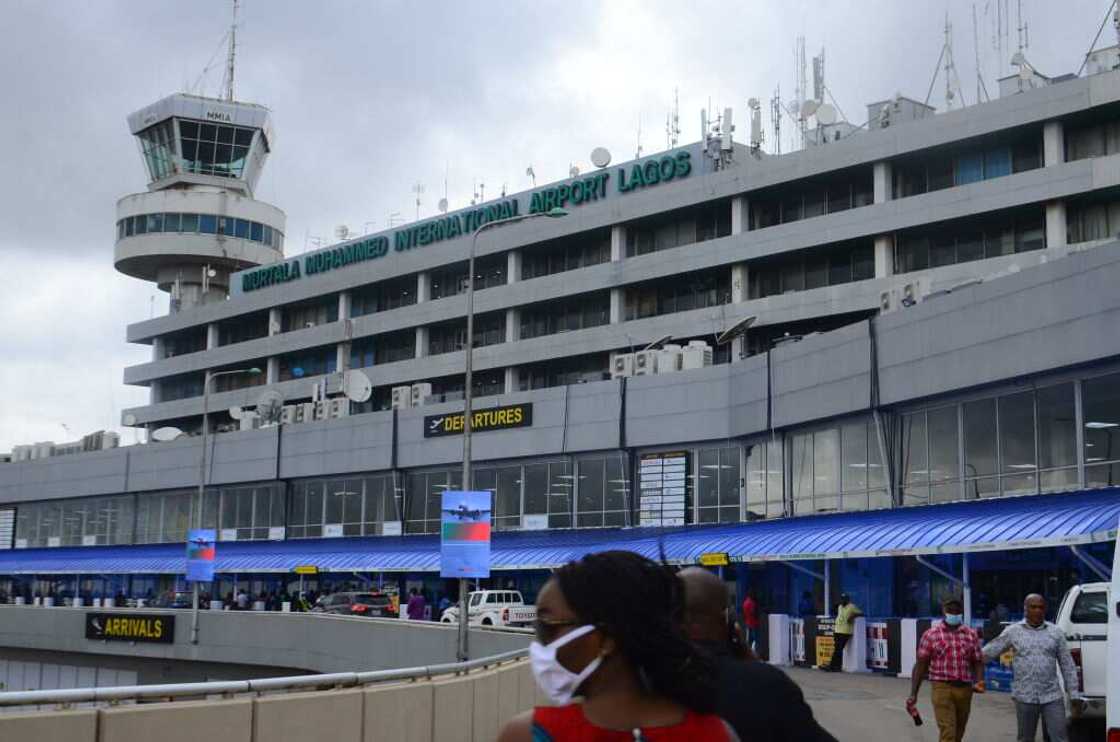Nigerians’ Japa Plans Disrupted as Airlines Reject Naira, Adjust Ticket Pricing Amid $802m Trapped Funds
- Nigerians planning to leave the country are facing setbacks as airlines adjust ticket prices due to trapped funds in Nigerian banks
- The total amount of trapped funds is $802 million, which is affecting the aviation sector in the country
- As a result of the price hike, Nigerians are now purchasing tickets from agents in neighbouring countries or seeking cheaper flights across borders
Nigerians planning to leave the country either for business or as part of the "Japa" trend face major setbacks as airlines adjust ticket prices amidst trapped funds in banks.
Punch reports that Nigerian banks have trapped $802 million in airline revenue over the years.

Source: Getty Images
The development has forced many airlines to refrain from collecting ticket sale proceeds in naira to reduce the amount of their money trapped in Nigeria.
Another approach involves blocking the lower inventory of cheaper tickets for Nigerians in naira and making the low-ticket inventories on most airlines' websites available only for purchase with dollar cards.
PAY ATTENTION: Follow us on Instagram - get the most important news directly in your favourite app!
Cost of flight ticket skyrockets
As a result of this action, the cost of travelling out of Nigeria through its airports has increased, compelling Nigerians with the dream of leaving the country to purchase tickets from agents in neighbouring countries.
Reacting to the development, the International Air Transport Association (IATA) has warned the Nigerian government about the situation and is launching a new initiative called "Focus Africa", aimed at improving connectivity, safety, and reliability for passengers and shippers.
IATA has also engaged with the Nigerian government on the issue of trapped funds and will continue discussions with the incoming government, due to be inaugurated on May 29.
Also, the National President of the National Association of Nigeria Travel Agents (NANTA), Susan Akporiaye, confirmed the development, noting that Nigerians now travel across the borders in droves to connect cheaper flights to their destinations.
According to her, the forex crisis has led to unjustifiable profiteering by foreign carriers because the lower inventories of airlines are now shut against Nigerians, but opened in other neighbouring countries, forcing Nigerians to seek cheaper flights across borders, Leadership reports.
She said:
"Most of the websites have also adjusted the exchange rate for ticket sales from N462 per dollar to N551 per dollar. This means Nigerians looking to travel will have to save more."
Nigerian man in US shares reasons American embassy denies people student visas
In other news, a Nigerian man currently residing in the United States has revealed why most of his fellow citizens seeking academic opportunities are not granted student visas.
In a series of tweets he made with his Twitter handle @MisterNigerD, he said the key to scaling through the visa application hurdle is not giving the consular at the embassy any reason to believe that you will be staying back in the US after your studies.
The Tweep stated that another huge pitfall to avoid is saying one would get a job when school is on holiday. This, according to him, will get the visa application denied.
Source: Legit.ng




